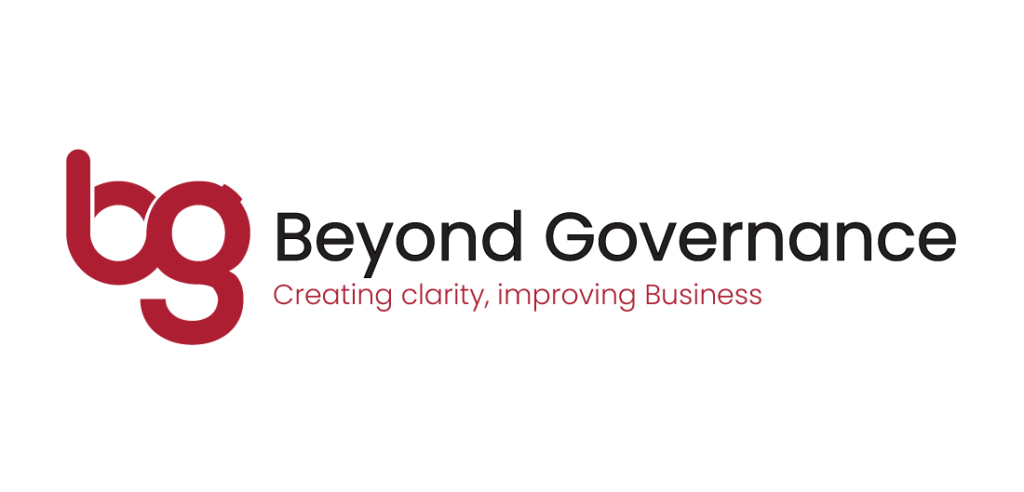Incorporation is the process of a business registering as limited company. This means the company becomes its own legal entity with a separate identity to those who own or run it.
The process of setting up a new company can be a daunting prospect, especially if this is the first time you have needed to do it. The process can feel intimidating, and the language used a bit alien so the option to pay an ‘expert’ to do the work for you can be very tempting, after all, they do it day and day out so they must be the best choice right? Here’s why that is not always true.
The problem with incorporation companies
Engaging a third-party incorporation company to carry out the incorporation process can seem like the quickest and easiest route to setting up a company, however, thought needs to be given to whether this is the best solution for your business over the longer term.
An incorporation company, whilst familiar with the process to incorporate a legal entity, is not familiar with your business and therefore may not be in a position to put in place appropriate constitutional documents or set up the appropriate share capital structure for your business.
The rule book of the company
A company’s articles of association are the rule book which governs how a company is run. Using an incorporation company will often involve adopting the “model” articles of association, as prescribed by the Companies Act 2006, for the new entity, however this may not be in line with the way you or your shareholders wish the company to be run. For example, the model articles state a minimum quorum of two for a directors meeting. You may feel this is insufficient and should be higher. Articles of association can be amended after incorporation, but this would require shareholder approval which can be complicated depending on the nature of your shareholder base. Adopting the most appropriate articles from the outset can save this trouble.
Scaling the wrong structure
Equally, it is common for a company to be incorporated with a simple issued share capital such as 1 ordinary share with a nominal value of £1, this may be sufficient for a simple entity but not appropriate for an active, trading entity or a company wishing to raise additional funds through the issue of shares. The capital structure required may need to be more complex and may need to include multiple share classes with varying rights attached to them. A company’s capital structure establishes the level of control a shareholder has over the company, the percentage of the profits they can receive and the amount they would be eligible for should the company go into liquidation. A shareholder’s liability to contribute to the company is limited to the nominal value of their shares. For these reasons it is important that a company’s capital structure is sufficient from the start. The directors are required to ‘maintain’ the company’s share capital, and although a company can alter its share capital the process can be complex and its often beneficial to seek professional advice in advance.
Finally, an incorporation company is unlikely to be familiar with the ongoing legal requirements of running your company. When incorporating a company, it is vital to know what happens next and familiarise yourself with things such as, the annual reporting requirements and which changes to your business you are required to notify to the company registrar. By undertaking the incorporation process in house you will likely gain a better understanding of the registrars’ system with which these filings can be made and key dates,
such as the date of incorporation, on which annual filings such as accounts and confirmation statements are based on.
Conclusion
In conclusion, by cutting out the middleman you retain complete control over the structure of your entity and remove the unnecessary additional costs associated with engaging a third party company. You can also reduce the risk of having to make any changes which may arise due to the incorporation companies lack of specific knowledge of your business.
So what should you do?
- Do it yourself. Companies House is digital and accessible and there’s lots of advice on the Companies House website.
- If you get stuck, talk to an expert, governance advisory exists.




